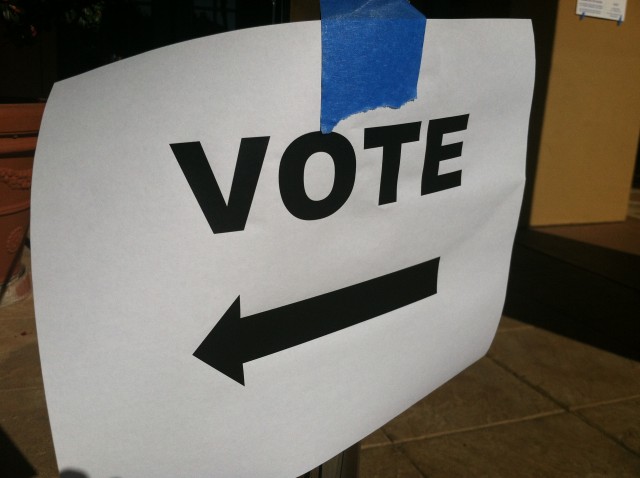The school bond, though, has pretty much flown under the radar this year in comparison to talk of a water bond.
For months, public and private Capitol negotiations have labored over how to rework the priorities and reduce the size of an $11 billion water bond already on the November ballot, a water storage and operations measure crafted back in 2010. That bond is now almost universally seen as too expensive and, in light of the current drought, misguided in its approach.
No one believes an $11 billion bond and a $9 billion bond can both win passage in 2014; California voters might have a general proclivity to borrowing, but $20 billion? That would be exactly the kind of scenario on which Republicans would love to hound Democratic candidates in a year in which the GOP is otherwise struggling to find traction. And it certainly would be a political gift for Republican gubernatorial candidate Neel Kashkari in what may otherwise be a quixotic quest to unseat Gov. Jerry Brown.
To be fair, there's virtually no support these days for a water bond totaling $11 billion. Several legislative proposals remain in discussion, with most of them envisioning between $6 billion and $8 billion in new borrowing for water needs.
Wednesday's education hearing raised the idea of a $2 billion school bond now, one to help meet the most pressing construction needs, and then a second and larger school bond for voters to consider in 2016. The bond's author, Assemblywoman Joan Buchanan (D-Alamo), opposed that provision for AB2235 but ultimately agreed to remove a dollar amount from her bill while some of the committee's concerns about priorities and projects could be reviewed.
"All of us have an interest in making the bond work," said Buchanan.
But the politics may still be tough. Many believe the governor, proud of his paying-down-California-debt mantra, is leery of having to campaign for re-election alongside more borrowing, even if it's for a cause voters generally support.
One of the Legislature's leading voices for a water bond, state Sen. Lois Wolk (D-Davis), says the possibility of two bond measures might raise the stakes on water.
"There is a need for both," Wolk said in an email, "and education bonds usually fair better than water bonds. If they both are on the same ballot, it heightens the importance of there being a consensus on the water bond."
Schools may generally fare better, but voters have been supportive of both kinds of bonds in the past. Since 1998, voters have approved some $35 billion in K-12 bonds and another $10 billion for higher education. In that same time period, voters have given their blessing to more than $19 billion in bonds related to water and the environment.
A poll by the nonpartisan Public Policy Institute of California this spring found that a slim majority of voters surveyed support a water bond if it were smaller than the existing $11 billion proposal
But two big bonds on the same ballot? It's anyone's guess. And that's what makes some policy and political observers nervous.
One thing is for sure: It will make for some interesting viewing over the next few weeks. Even though state law says all ballot measures must be in place by next Thursday, June 26, neither of these will make that deadline -- which means the Legislature will have to also give itself a legal extension. In years past, the accepted wisdom has been that the latest that a legislative measure could be placed on the ballot is 88 days from Election Day.
That would mean that the water bond/schools bond debate must be over by Aug. 8.
